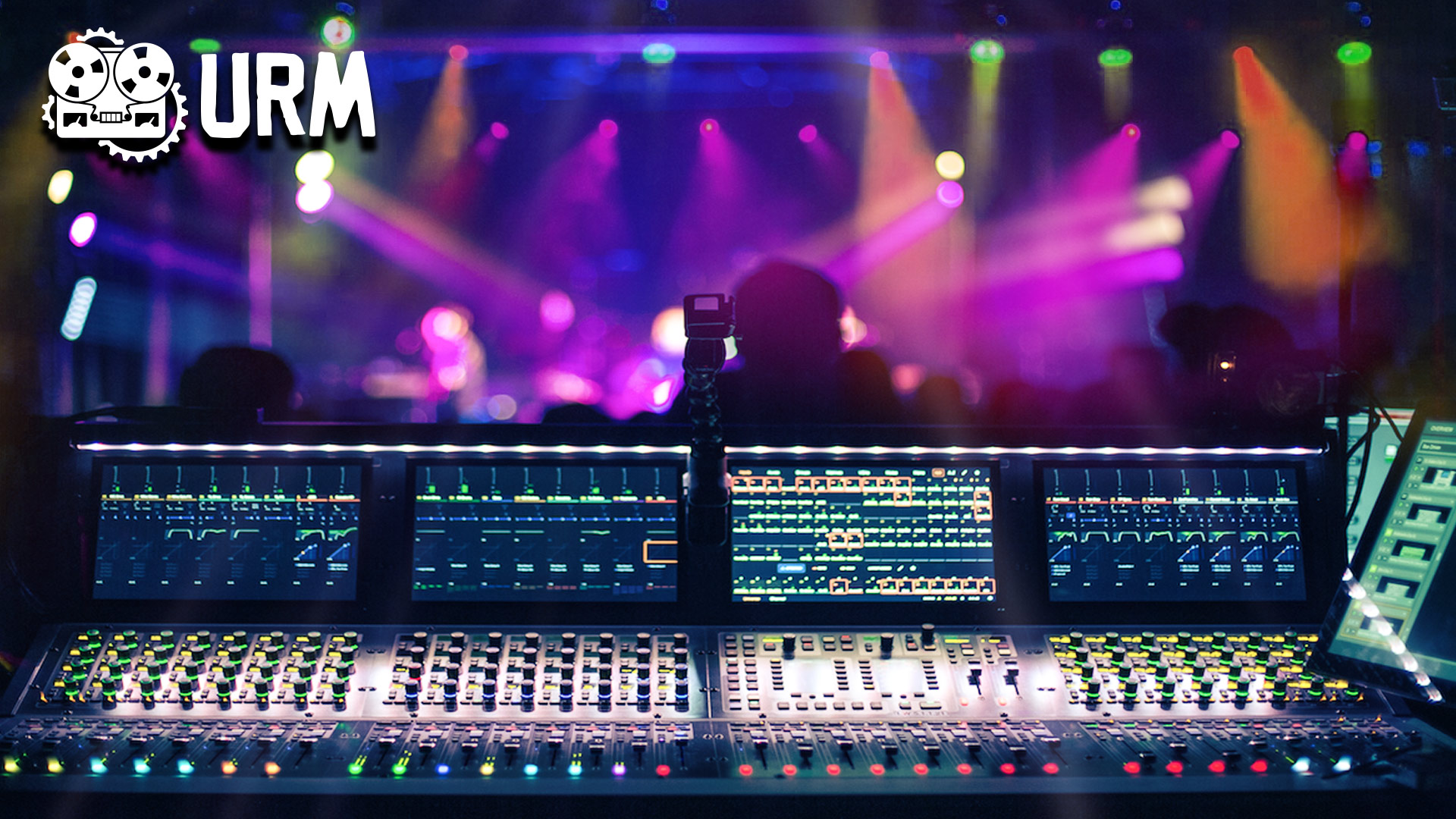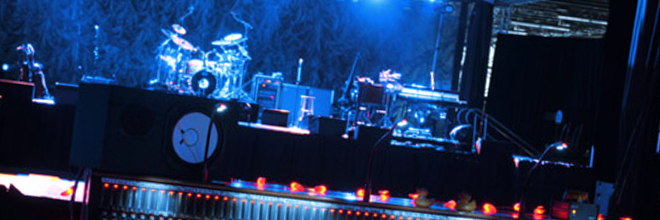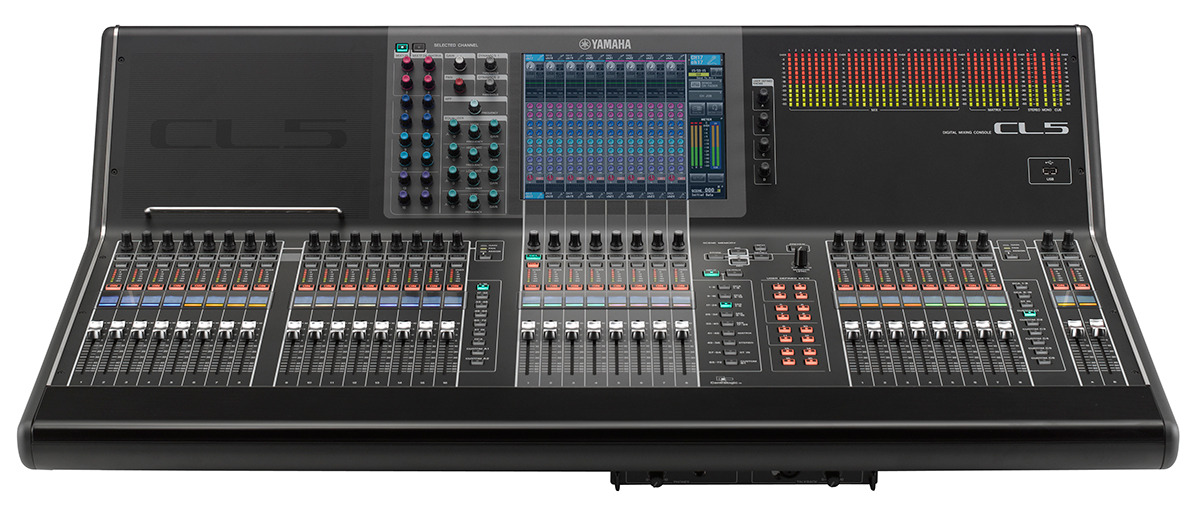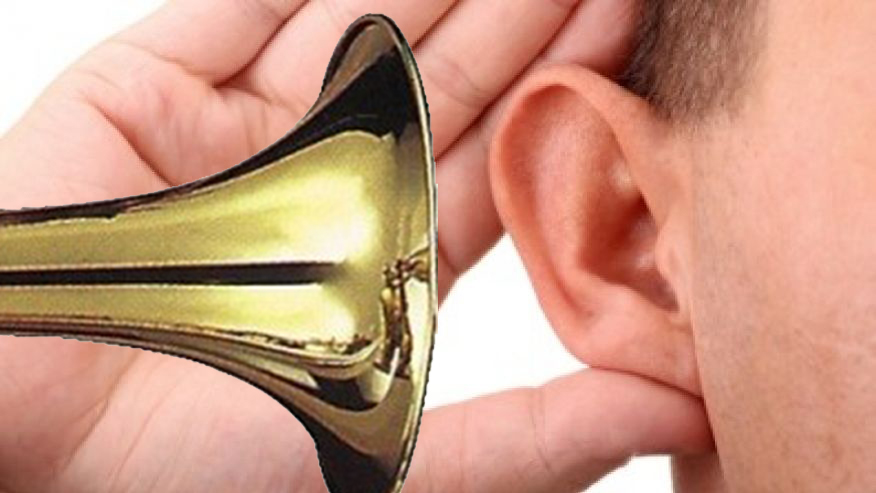
You Should Be Doing Live Sound – Part 1
urmadmin
| By Dave Whalen |

Over the last few months I’ve found myself doing live sound a lot more, and I have to tell you a secret: not only do I find it more enjoyable at this point, but I think it’s making me a better mixer – a lot better. Don’t tell anyone.
There are many reasons mixing live sound is making me better. The reason you’d probably guess is that I’m simply getting in more hours behind the board, and I’m naturally getting better by putting in the hours.
Of course, that’s true, but there’s more to it than that, and if I may, I would like to run through the myriad of reasons I will continue to mix live, and why I think you should too.
I’m going to break it down into two parts: technical benefits and interpersonal benefits. In this entry, I’ll be focusing on the technical benefits, and next time I’ll dive into how it can benefit our relationships.
You will learn to be efficient:
I do live sound mostly at my church so the basic setup is the same from week to week. Practically this means that I don’t have to re-mic the drum kit every time I show up and the basic instrumentation is the same. There are however different musicians every week who have different playing styles and different basses, guitar rigs, etc.
This diversity of instruments, coupled with the limited time you will have to make them sound good together, means you have to get really good at identifying and solving problems quickly. After all, in the best cases you may only get a half-hour rehearsal/sound check, or worse, a 5-minute line check before the show.
The need to dial in sound and fix issues quickly is paramount because the band’s performance can be greatly affected by how the room sounds and their monitor mix. For instance, I have this vocalist whose voice naturally resonates at about 730Hz, and the room we’re in resonates at that frequency as well. This results in a horrible sounding lead vocal. The ability to identify and cut that frequency (by about 20db) resulted in him being able to hear himself more clearly in his monitors and sing more confidently without thinking he’s pushing too hard.
Also, the audience may start throwing things at you if the sound sucks.

You’ll learn to be more comfortable using the tools at your disposal:
I have it, you have it, the band has it. At some point, we’ve all had it – Gear Acquisition Syndrome, or G.A.S.
As a mix engineer, it’s especially easy to get caught up in buying shiny new tools that do awesome things. As a live sound engineer though, you are likely stuck with whatever tools the venue has available for you to use.
Sometimes that’s going to be an analog board with two fixed-band EQ’s, two mid-band EQ’s and maybe an outboard reverb and a couple of compressors. Sometimes it may be a huge Avid Venue console with a crapload of DSP and a full suite of your favorite plugins. Most likely, however, it’s going to be a basic digital console with a parametric EQ, compressor, gate and limiter for each channel and a few other goodies. If you’re lucky and have the right computer setup and i/o from the console, you may even be able to run your own plugins on some channels.

You’ll learn all about getting it right at the source:
Overhead mics that are out of phase with the snare drum sound thin and crappy. An improperly placed kick drum mic may require more EQ cut than you have available on your channel strip. An improperly tuned snare drum will ring out at 400-600 Hz and you won’t ever be able to EQ it out without killing the body of your drum.
Guitar tones that aren’t properly dialed in may not be salvageable by the tools you have at the FOH position. It’s possible that moving the microphone back or forward an inch can save it. It’s worth experimenting.
The bass… never mind about the bass, just plug him into a DI.
You will learn about mixing in sub-optimal environments:
Let’s face it, not all venues are the same. Just like various studios around the world, every one has its quirks that we have to deal with. The venue where I usually mix has a terrible slap delay coming from the back wall, and the mix position is on the top level inside of a hole where the bass gathers. As a result I have to mix the bass about 6db louder than I normally would, simply because I know it’s not as powerful at the audience level as it is at the mix position.
It’s actually the same kind of “translation” issue I face with my studio mixes in that what I have to do is learn the room from the mix position and also from the audience position, and make sure it translates well across the whole room.
You’ll learn about finishing:
A lot of us mixer-type folks have a problem with knowing when something is “complete” and letting it go. Live mixing will definitely help you get over that issue. With a live show, you have your start time and you have your end time, and at that point it’s over. There are no revisions, and the grade is pass/fail. You’ll know which grade you made by the reaction of the band after the show… Unless you managed to trick all of them.

You’ll learn about cutting 4k:
Perhaps the most important benefit of mixing a live show is the issue of 4k. You see, after such prolonged exposure to such high decibels, your ears are going to consistently ring. With any luck they will ring at 4k, and you will intuitively cut 4k out of everything… Lest it drive you completely insane.
Seriously though, there are companies that make acoustically transparent ear plugs. Get a pair, because ringing in the ears truly is terrible.
There are probably a million ways doing live sound will help you up your studio game on the technical side. But technical ability isn’t the only thing that matters to your professional audio career. In fact, I would say it comes in behind interpersonal skills and relationships. Tune in for my next piece, where we will explore how running live sound can benefit our relationships as well.
You can find some of his work and other production/mixing tips on his website – The Mix Shed.
 Nail The Mix is our online mixing school that gives you REAL multi-tracks from REAL bands, plus a mixing class from the producer who recorded it. Past guests include Periphery, Chelsea Grin, Machine Head and State Champs. Join now for instant access!
Nail The Mix is our online mixing school that gives you REAL multi-tracks from REAL bands, plus a mixing class from the producer who recorded it. Past guests include Periphery, Chelsea Grin, Machine Head and State Champs. Join now for instant access!

